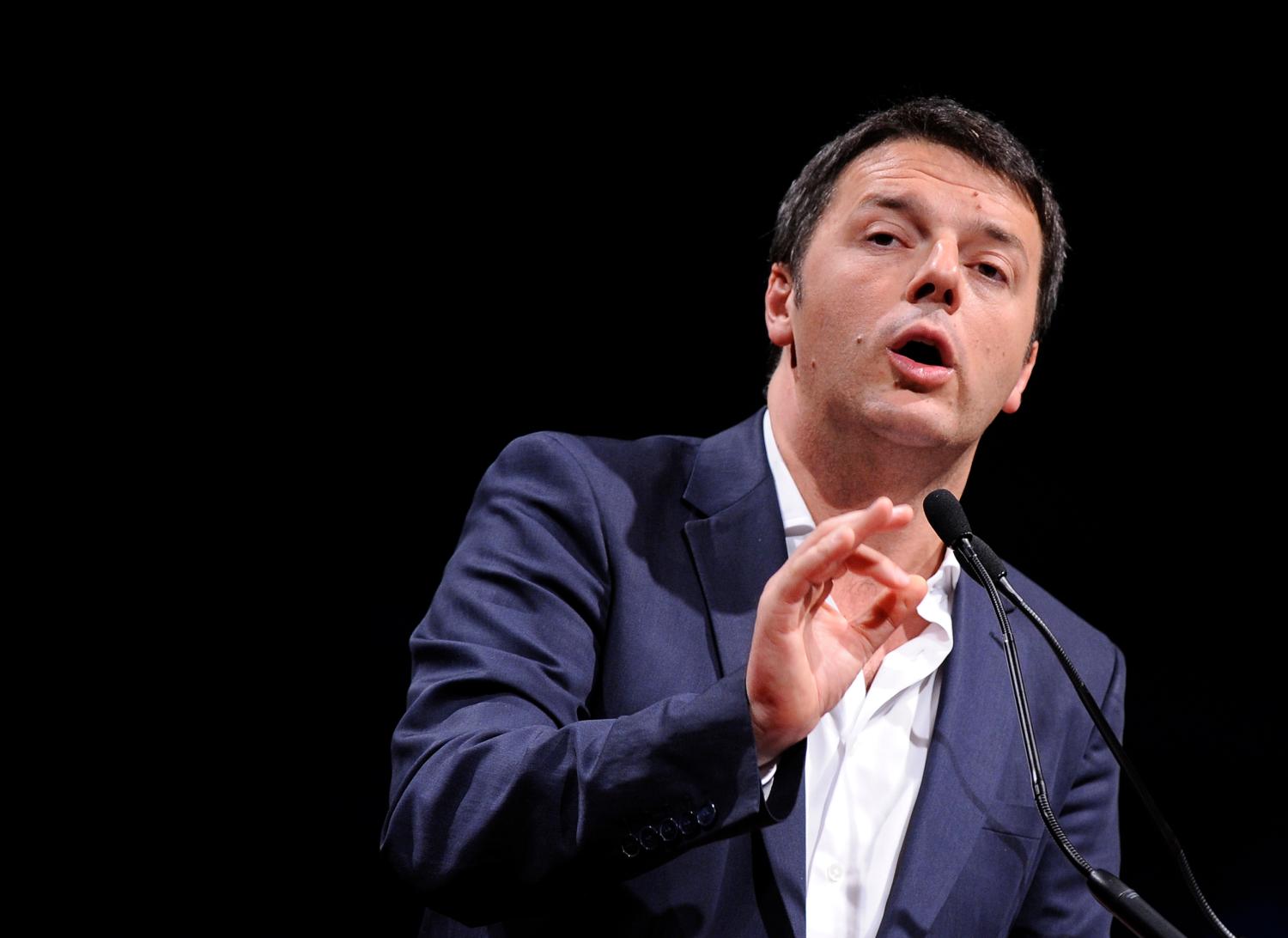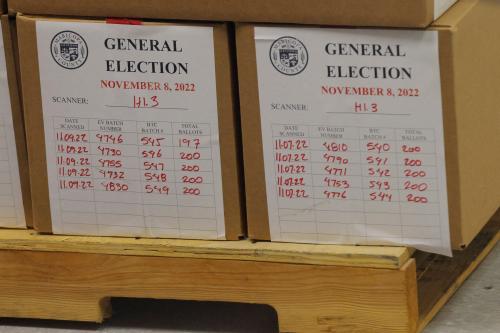Introduction:
Unexpectedly, Italian politics has undergone a significant breakthrough over the last months. New protagonists, new languages, and new projects have markedly enlivened the usually swampy political landscape. In fact, if one adopts concepts and tools that are common to the analysis of political economy in the euro area, one would discover that what happened was far from unexpected. The unprecedented depth of the economic crisis of the last years paved the way to policy responses that were different from those common in the past. How different they should be, is however another question. This analysis shows why change was unavoidable, but some pillars of the “old politics” need to be carefully preserved if the new course is to succeed.
The consequences of the financial crisis on the Italian economy have produced a loss of output of around 9% of Italy’s GDP. There had never been a similar loss of income in post-war Italian economy. The protracted recession has caused permanent effects on the output capacity of Italian firms affecting the level of investments that fell by almost 30%. Households have considerably shifted downwards their consumption patterns. This breakthrough in economic behaviors has been mirrored by a sense of deep disappointment among the population vis-à-vis the political class. The dramatic loss of income represented a rupture of the former political-economic model of the Italian economy based on cyclical developments.




